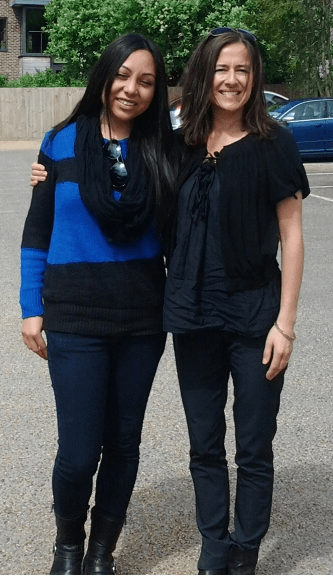Firstly, thanks to our partners at the Waddenacademie for all of their efforts in getting our Interreg project proposal through to the second stage. If successful, this will see new test sites for salt-tolerant crops extended across the North Sea Region of Europe and additional research to explore the economic potential of yields and marketing approaches linked to the new crop varieties. We look forward to continued collaboration over the coming months… and hopefully beyond!
Meanwhile, our new Research Fellow, Zhongwei Xing has joined us in Lincoln International Business School to work on new economic modelling of the risks to the agriculture sector associated with potential increases in salinity of low-lying farmland. Having previously studied at Lincoln University (New Zealand) he is already feeling at home in his new city!!
